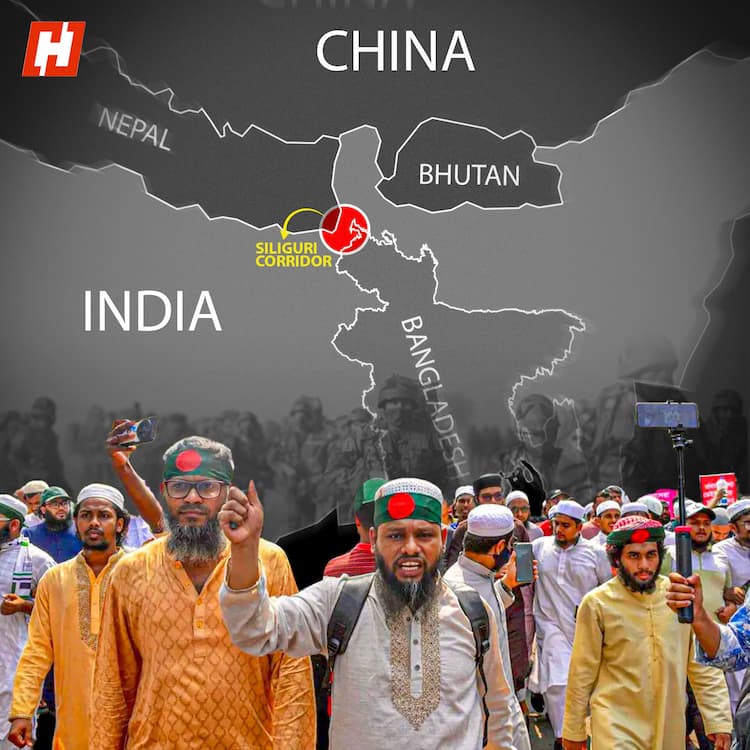India’s foreign policy has hit a roadblock. And analysts believe that Russia and China covertly orchestrated this setback.
After decades of operations, India quietly wound up its only overseas airbase in Tajikistan.
Starting in 2022, New Delhi gradually withdrew its military personnel and equipment from the Ayni airbase, which lies west of the capital Dushanbe.
The matter came to light at the end of October this year, that India no longer operates its only full-fledged overseas base—a location that offered New Delhi a strategic leverage over China and Pakistan.
India loses strategic heft
It’s located around 20-km from Afghanistan’s Wakhan Corridor, which shares a boundary with the Pakistan-occupied Kashmir (PoK) and China’s Xinjiang province.
For over 20 years, India spent around $80 million to renovate the base, which was originally built during the Soviet era.
The renovation included upgrading the runway to a 3,200-metre airstrip, making it suitable for combat jets and heavy-lift transport aircraft. It also included the construction of hangars, fuel depots and air traffic control facilities.
Around 200 Indian military personnel, mostly from the Army and the Indian Air Force, were stationed at the airbase, along with a few Sukhoi 30 MKI jets.
This was done under a 2002 bilateral agreement with the Tajik government, overseen by the then Vajpayee-era government.
But reports say that the Tajikistan government didn’t renew the agreement after pressure from China and Russia—who both view India’s presence in the region as unwelcome.
For India, having a presence in Tajikistan was more about its strategic location than military convenience, as it served as a gateway to Central Asia.
Russia, China worked against India
Experts say that it not only ensured India’s strategic edge over Afghanistan, China, and Pakistan but also served as a key base for New Delhi’s engagement with Central Asian countries.
But for Russia, Tajikistan hosts its largest overseas base and serves as a frontline for the Moscow-led Collective Security Treaty Organisation (CSTO).
China, on the other hand, viewed Tajikistan as a key cog to its Belt and Road Initiative (BRI) and a buffer against instability spilling from Afghanistan into Xinjiang.
Hence, analysts argue that this episode would force India to rethink how it builds influence in the regions where world powers already dominate.





